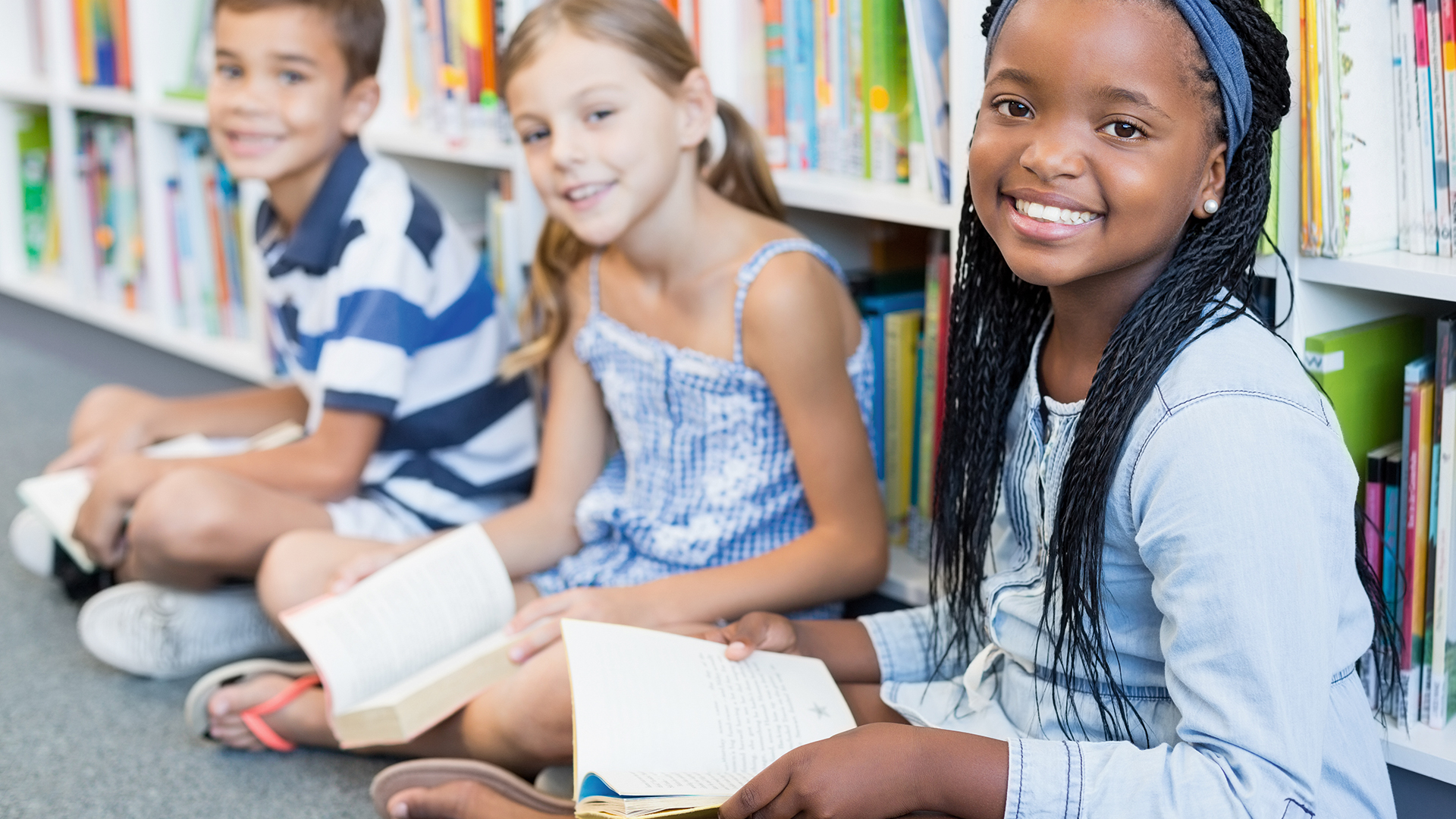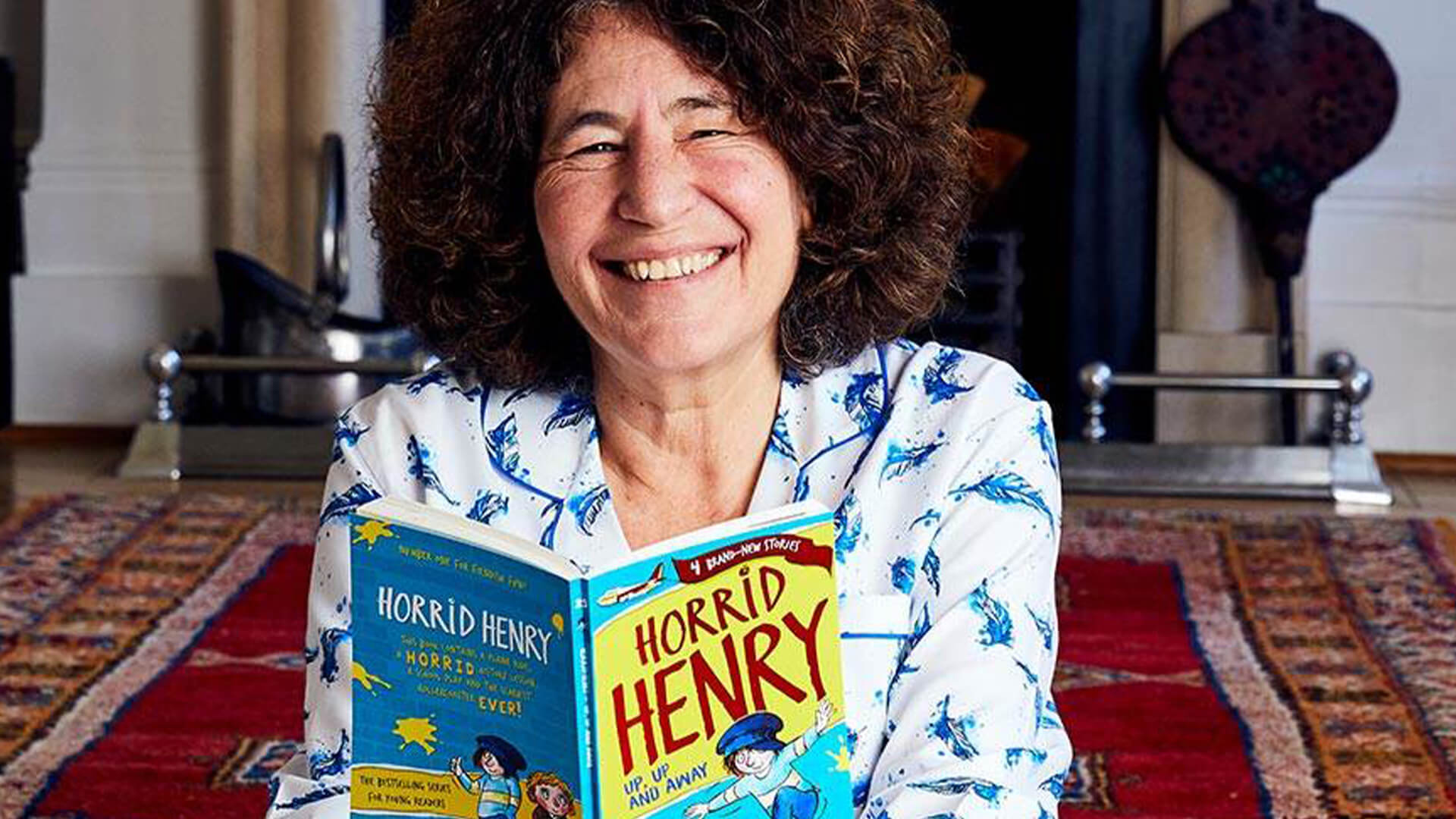You are viewing your 1 free article this month. Login to read more articles.
National Literacy Trust calls for urgent action as children’s reading enjoyment at ‘record low’
The National Literacy Trust is calling for urgent action after its annual survey found children’s reading enjoyment at its lowest level in almost two decades, with over half of eight to 18-year-olds stating they do not enjoy reading in their free time.
The trust conducted its latest Annual Literacy Survey between January and the middle of March 2023. It was composed of two surveys: one for children aged five to eight, and one for children and young people aged eight to 18. Overall, 71,351 children and young people aged from 285 schools in the UK participated in the online survey.
Of those aged eight to 18, over half (57%) said they did not enjoy reading with enjoyment, “the lowest level of reading enjoyment we have recorded since we began asking children and young people this question in 2005,” and down 15.2 percentage points from its height in 2016 (43.4% in 2023 compared to 58.6% in 2016).
Moreover, reading for enjoyment – along with reading levels at school and overall literacy skills – was found to be weakest for children from disadvantaged backgrounds. Fewer children who received free school meals said they enjoyed reading in their free time in 2023 compared with those who didn’t receive free school meals (39.5% compared to 43.8%).
The survey also found that fewer boys than girls said they enjoyed reading in their free time in 2023, and that boys who received free school meals in 2023 had the lowest levels of reading enjoyment (38.4%), followed by girls who received free school meals (39.9%).
Only half of children surveyed (52.9%) said they had been encouraged by a parent or carer, however this marks an 8.1 percentage point increase on 2022. Similarly, more children said that their family had helped them find things to read in 2023 (up 11.3 percentage points on 2022). Parental encouragement declined with age, however, as did parental support in finding things to read. Nearly seven times as many children aged eight to 11 said their parent(s) / carer(s) read with them compared with children aged 14 and above.
The survey found that many children who report not enjoying reading in their free time have higher levels of reading enjoyment when reading in school, with children more likely to read if they have a quiet space, access to books that represent them, and support from role models. The report states: “With one in 10 children from disadvantaged backgrounds having no books at home, let alone books that represent them, we can see how access to books, alongside a quiet space to read and support from a teacher and peers, may help children and young less likely to read feel more encouraged to do so in school."
As a result of the findings, The National Literacy Trust is calling for a strong reading culture in schools, communities, and homes to support children’s success in school and beyond. The report states: “Declining reading enjoyment across a growing number of children and young people must act as a wake-up call for all who support children and young people’s reading for pleasure and the many benefits it can bring.”
It continues that the recent publication of a revised Reading Framework aimed at primary and secondary schools in England by the Department for Education offers “some measure of hope”, as “the importance of reading for pleasure is foregrounded in a detailed section devoted to developing a reading-for-pleasure culture, and throughout the document there is reference to the supportive conditions and drivers of vocational reading".
However, it states that “the gulf between the aims and objectives of the Reading Framework and the findings of this report further underscore the critical importance of urgent action to address these low and declining levels of reading enjoyment.”
Martin Galway, head of school programmes at the National Literacy Trust, said: “Sparking a love of reading can change a child’s life. Today’s results must act as a wake-up call for all who support children’s reading for pleasure. A greater focus on reading for enjoyment in the government’s revised Reading Framework offers some measure of hope, but we will need real and immediate impact to change this story for the country’s most disadvantaged children. For children going back to school this September, we need to give them every opportunity possible to fall in love with reading, and to give families and schools the support they need to put reading for enjoyment at the heart of every school and home."
The National Literacy Trust is already committed to several programmes encouraging children to fall in love with reading, including creating more primary school libraries through the Primary School Library Alliance, and getting high-quality, diverse books into the hands of children who may not have any at home as part of the Young Readers Programme. The Young Readers Programme has been running for over 25 years and last year one in five children participating said the book they chose in the programme was the first they had ever owned.
Francesca Simon, author and ambassador for the charity, said of the findings: “Today’s research from the National Literacy Trust hits hard for everyone who understands the huge impact reading has on children. I see it every day in the schools I visit, and in the children benefitting from the National Literacy Trust’s dedicated work and inspiring programmes. We cannot let a generation of children lose out on the benefits that reading can bring: inspiring the imagination, the comfort and escape of another world, and the very real and impactful literacy skills it supports. We must work together – authors and publishers, schools and families – to make sure every child has the safe space and access to books to start them on their reading journey.”
To read the full report, click here.




















